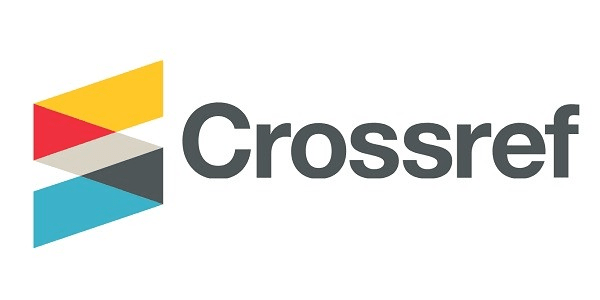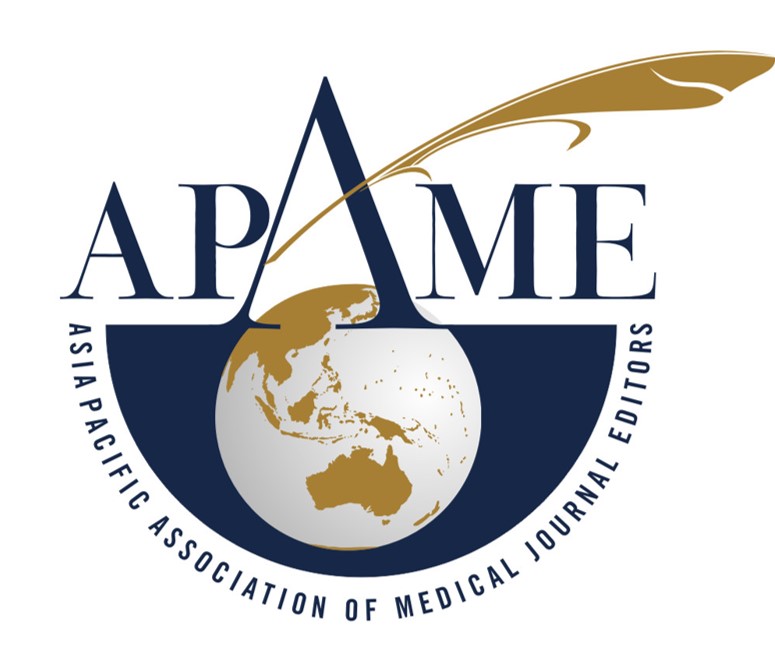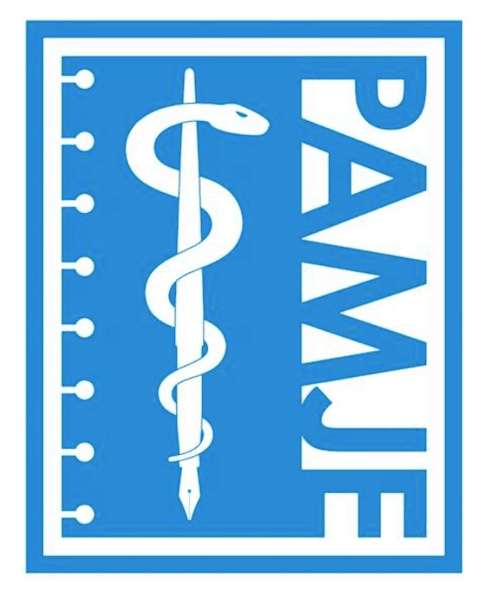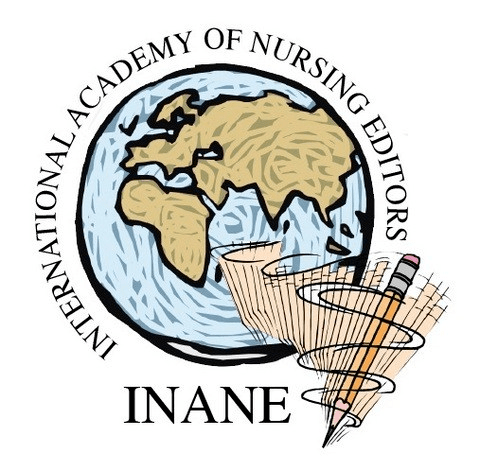PUBLICATION ETHICS AND MALPRACTICE STATEMENT
The JHCS is committed to ensuring the highest ethical standard in publishing and takes all possible measures against publication malpractice. The publication ethics and malpractice statement is mainly based on the Committee of Publication Ethics’ Code of Conduct and Best Practice Guidelines for Journal Editors (COPE, 2011)
DUTIES OF THE EDITOR
Fair Play
The editors evaluate the submitted manuscripts solely on the basis of its intellectual content and its relevance to the focus and scope of the journal without regard to the race, gender, sexual orientation, ethnic origin, citizenship, religious belief, political philosophy or institutional affiliation of the authors.
Publication decisions
The editors ensure that all submitted manuscript has undergone a double-blind peer-review process and will decide which of the submitted manuscript will be published. The validation of the work in question, its importance to researchers and readers and the reviewers’ comment will be the basis for such a decision. Further, the Editor-in-Chief may be guided by the policies of the journal's editorial board and constrained by such legal requirements, copyright infringement, and plagiarism. The Editor-in-Chief may confer with other editors or reviewers in making this decision.
Confidentiality
The editors must not disclose any information about a submitted manuscript to anyone other than the corresponding author, reviewers, potential reviewers, other editorial advisers, and the publisher, as appropriate.
Disclosure and conflicts of interest
The editors will not use unpublished materials disclosed in a submitted manuscript without the explicit written consent of the author. Privileged information or ideas obtained by the editors through peer review must be kept confidential and not used for personal advantage. Editors should recuse themselves from considering manuscripts in which they have conflicts of interest resulting from competitive, collaborative, or other relationships or connections with any of the authors, companies, or institutions connected to the papers; instead, they will ask another member of the editorial board to handle the manuscript.
DUTIES OF THE REVIEWERS
Contribution to Editorial Decisions
Peer review assists the editor in making editorial decisions and through the editorial communications with the author may also assist the author in improving the paper.
Promptness
Any selected referee who feels unqualified to review the research reported in a manuscript or knows that its prompt review will be impossible should immediately notify the editors and decline the invitation to review so that alternative reviewers can be contacted.
Confidentiality
Any manuscripts received for review must be treated as confidential documents. They must not be shown to or discussed with others except as authorized by the editor.
Standards of objectivity
Reviews should be conducted objectively and observations formulated clearly with supporting arguments so that authors can use them for improving the manuscript. Personal criticism of the authors is inappropriate.
Disclosure and conflicts of interest
Privileged information or ideas obtained by the editors through peer review must be kept confidential and not used for personal advantage. Editors should recuse themselves from considering manuscripts in which they have conflicts of interest resulting from competitive, collaborative, or other relationships or connections with any of the authors, companies, or institutions connected to the papers.
DUTIES OF THE AUTHORS
Reporting Standards
Authors of reports of original research should present an accurate account of the work performed as well as an objective discussion of its significance. Underlying data should be represented accurately in the paper. A paper should contain sufficient detail and references to permit others to replicate the work. Fraudulent or knowingly inaccurate statements constitute unethical behavior and are unacceptable.
Originality and Plagiarism
Authors should ensure that they have written and submit only entirely original works, and if they have used the work and/or words of others, that this has been appropriately cited. Publications that have been influential in determining the nature of the work reported in the manuscript should also be cited.
Data access and retention
Authors may be asked to provide the raw data of their study together with the manuscript for editorial review and should be prepared to make the data publicly available if practicable. In any event, authors should ensure accessibility of such data to other competent professionals for at least 10 years after publication (preferably via an institutional or subject-based data repository or other data center), provided that the confidentiality of the participants can be protected and legal rights concerning proprietary data do not preclude their release.
Multiple, Redundant, or Concurrent Publication
An author should not, in general, publish manuscripts describing essentially the same research in more than one journal or primary publication. Submitting the same manuscript to more than one journal concurrently constitutes unethical publishing behavior and is unacceptable.
Authorship of the manuscript
Only persons who meet these authorship criteria should be listed as authors in the manuscript as they must be able to take public responsibility for the content: (i) made significant contributions to the conception, design, execution, data acquisition, or analysis/interpretation of the study; and (ii) drafted the manuscript or revised it critically for important intellectual content; and (iii) have seen and approved the final version of the paper and agreed to its submission for publication. All persons who made substantial contributions to the work reported in the manuscript (such as technical help, writing and editing assistance, general support) but who do not meet the criteria for authorship must not be listed as an author, but should be acknowledged in the "Acknowledgements" section after their written permission to be named as been obtained. The corresponding author should ensure that all appropriate coauthors (according to the above definition) and no inappropriate co-authors are included in the author list and verify that all co-authors have seen and approved the final version of the manuscript and agreed to its submission for publication.
Disclosure and Conflicts of Interest
All authors should disclose in their manuscript any financial or other substantive conflicts of interest that might be construed to influence the results or interpretation of their manuscript. All sources of financial support for the project should be disclosed.
Fundamental errors in published works
When an author discovers a significant error or inaccuracy in his/her own published work, it is the author’s obligation to promptly notify the journal editor or publisher and cooperate with the editor to retract or correct the paper.
Hazards and human or animal subjects
If the work involves chemicals, procedures or equipment that have any unusual hazards inherent in their use, the authors must clearly identify these in the manuscript. If the work involves the use of animals or human participants, the authors should ensure that all procedures were performed in compliance with relevant laws and institutional guidelines and that the appropriate institutional committee(s) has approved them; the manuscript should contain a statement to this effect. Authors should also include a statement in the manuscript that informed consent was obtained for experimentation with human participants. The privacy rights of human participants must always be observed.
Peer review
Authors are obliged to participate in the peer-review process and cooperate fully by responding promptly to editors’ requests for raw data, clarifications, and proof of ethics approval, patient consents, and copyright permissions. In the case of a first decision of "revisions required", authors should respond to the reviewers’ comments systematically, point by point, and in a timely manner, revising and re-submitting their manuscript to the journal by the deadline given.
DUTIES OF THE PUBLISHER
Handling of unethical publishing behavior
In cases of alleged or proven scientific misconduct, fraudulent publication or plagiarism, the publisher, in close collaboration with the editors, will take all appropriate measures to clarify the situation and to amend the article in question. This includes the prompt publication of an erratum, clarification or, in the most severe case, the retraction of the affected work. The publisher, together with the editors, shall take reasonable steps to identify and prevent the publication of papers where research misconduct has occurred, and under no circumstances encourage such misconduct or knowingly allow such misconduct to take place.
Access to journal content
The publisher is committed to the permanent availability and preservation of scholarly research and ensures accessibility by partnering with organizations and maintaining our own digital archive.

.png)





